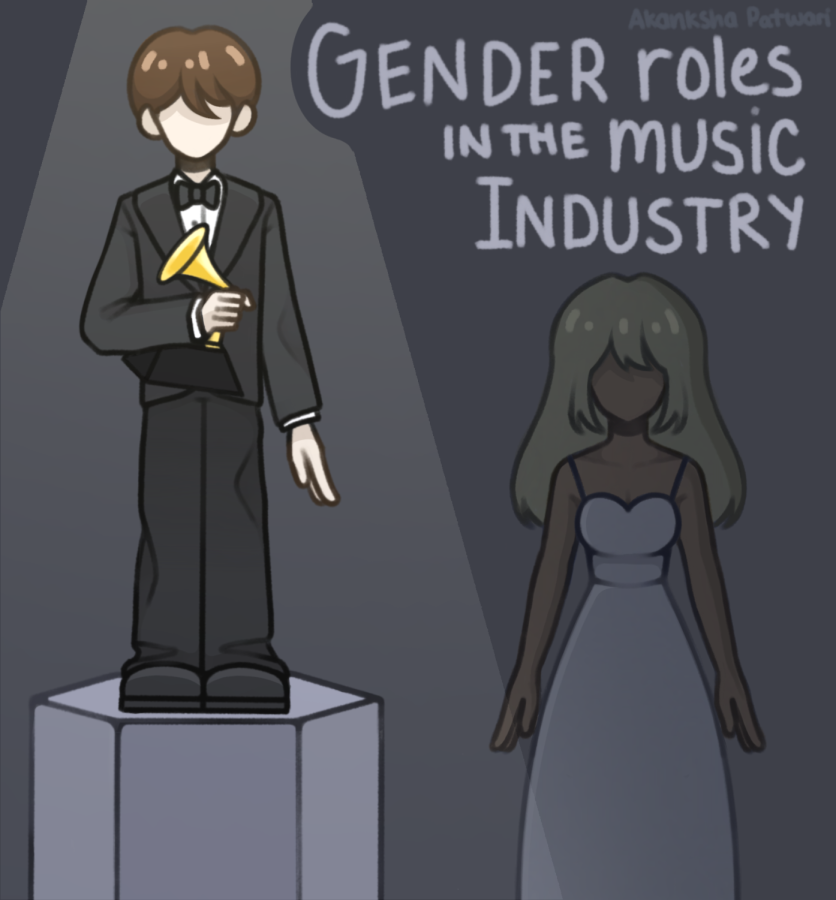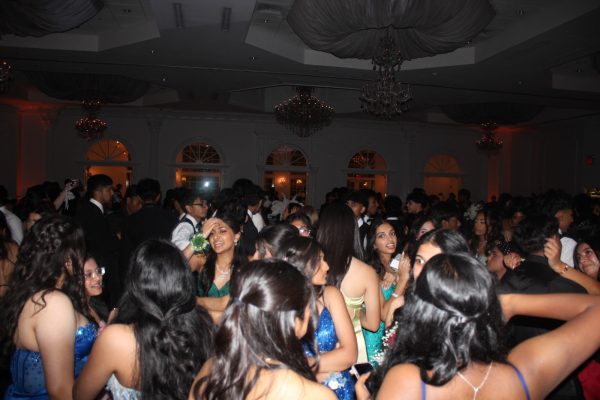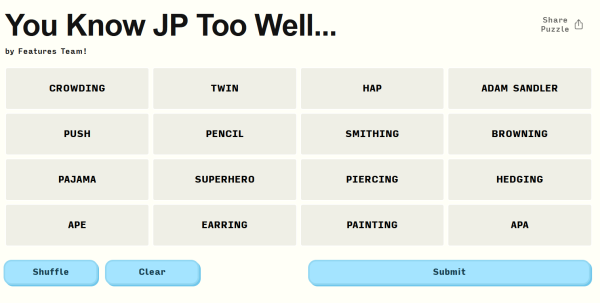Gender Roles in the Music Industry
April 17, 2023
American poet Henry Wadsworth Longfellow once said, “Music is the universal language of mankind.” Music allows people to express themselves without being shamed. However, the true nature of the music industry is masked by the prestige of what is considered to be a glorious music industry. Oftentimes, it is overlooked that the music industry propagates gender stereotypes. The industry is largely male-dominated and there are several examples of the objectification of women, as they are portrayed as passive and submissive. There are many double standards and a lack of representation for women in the music industry, especially in genres such as rock or hip-hop.
Though today’s world has improved in the advocacy of female representation, many facets of the music industry still perpetuate stereotypes. With men occupying most executive, creative, and technical roles, the music industry is still male-dominated. Statista states that in 2021, only 2.8% of the producers in the music industry were female, whereas about 97% were male. This hides, undervalues, and often dismisses women’s voices and opinions in modern music. Some hold the opinion that this is because men are simply more interested in production than women, but the fact is that women just are not promoted into leadership roles in the music industry as easily as men are. Variety explains how women face “prevalent discrimination, underpayment, and under-recognition.” This boundary that women in the music industry experience keep the industry male-dominated.
The music industry also generally encourages the objectification of women, conforming to the unfair gender stereotypes of society. Women are often portrayed as passive and subservient, reinforcing traditional gender roles and perpetuating harmful stereotypes. A real-life example of this injustice is the infamous 2009 VMAs, where Kanye West interrupted Taylor Swift’s award acceptance speech only to talk about how Beyoncé deserved the award, instead of Swift. Though he faced a lot of backlashes, there was also a lot of reciprocated hate towards Taylor Swift since many people expected Taylor Swift to apologize for an incident that was not her fault. This illustrates how the music industry expects women to be submissive to the gender stereotypes of society and serve as scapegoats.
Even though many of the recording artists in the music industry are women, most of them are also expected to create music in genres such as pop rather than rock or hip-hop. This lack of representation and double standards for women in different genres can make it difficult for women to be able to break into the music industry, gain visibility, and achieve access. In 2020, Rolling Stone magazine studied nine years of data in which the results showed that only 12.3% of hip-hop/rap singers are women. In fact, the Global Critical Media Literacy Project even explained, “It has been an uphill battle for women rappers and hip hop artists to make a name for themselves throughout the past few decades.” Clearly, these double standards in the music industry make it difficult for women to thrive in their desired genre. This creates a harsh environment for women trying to branch out in the music industry.
While general society tries to overcome gender disparities, the music industry preserves conventional standards for women and makes it difficult for them to thrive. The misogyny is hidden within the glitz and glamor of the industry. We must peer through the mist of fame and money that shrouds the music industry and work together to defeat these standards in gender roles.








































